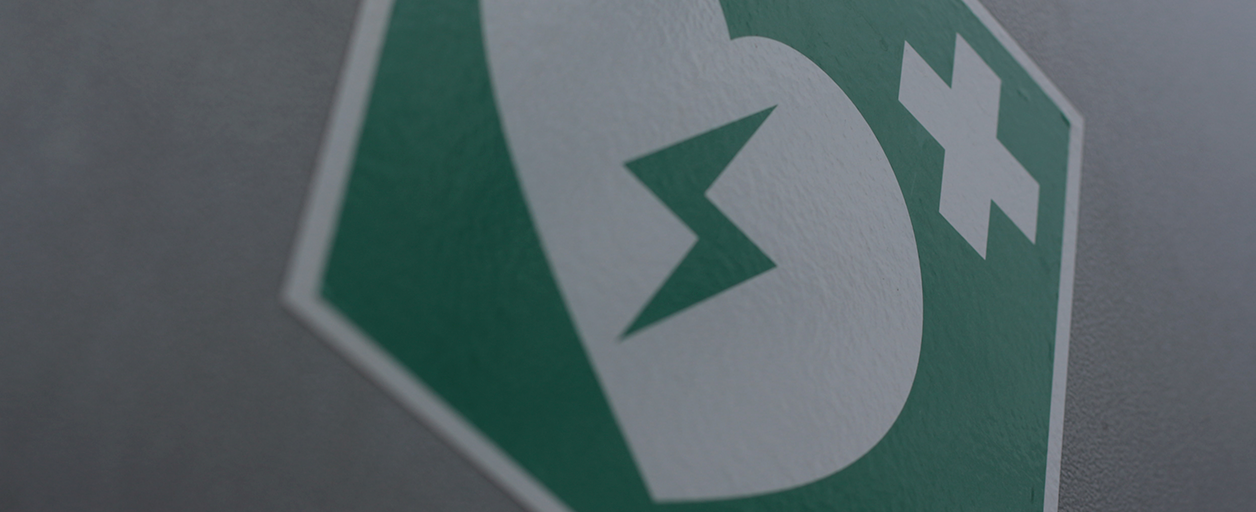This classification is based on the scientific evidence of supplements, dividing them into 4 groups:
✅Group A: they have high scientific evidence, therefore they are safe and recommended supplements, always taking into account that they are prescribed by a professional.
* Sports food: Used in situations that, through regular nutrition, it is not possible or practical to consume, providing a source of necessary nutrients.
* Sports gels, sports bars, sports drinks, isolated protein supplements, sports confectionery, electrolyte supplements, mixed macronutrient supplements (bar, powder, or liquid).
* Medical supplements: Used to prevent or treat clinical problems, such as in situations of diagnosed deficiency. It should always be scheduled and reviewed by a professional
* Iron, vitamin D, calcium, multivitamin, probiotics, etc
* Performance supplements: Support or enhance performance. It is highly recommended that they be guided by a professional through an individualized and specific protocol for the events.
* Creatine Monohydrate, Bicarbonate, Beta-Alanine, Caffeine, Beet Juice / Nitrate, Glycerol.
✅Group B: Needs more research, but positive results are found. Use under professional supervision and protocol.
HMB (hydroxymethyl butyrate) carnitine, omega 3, polyphenols, BCCAs.
⚠️Group C: those that do not fall into any of the previous groups are classified here, they lack scientific evidence, therefore their use is not recommended.
Coenzyme Q10, glucosamine, ginseng, inosine, picolinate, branched-chain amino acids, TCM, ZMA.
❌Group D: Prohibited or with a high risk of contamination with substances, which may lead to a positive doping test. It should not be used. It is updated every year and is evaluated and indicated by the World Anti-Doping Agency (WADA).
Ephedrine, Sibutramine, Androstenedione, Methylhexanamine, and other testosterone tea supplements
By LN. Dafnne Corpus
Source: Australian Institute of Sport (AIS)








